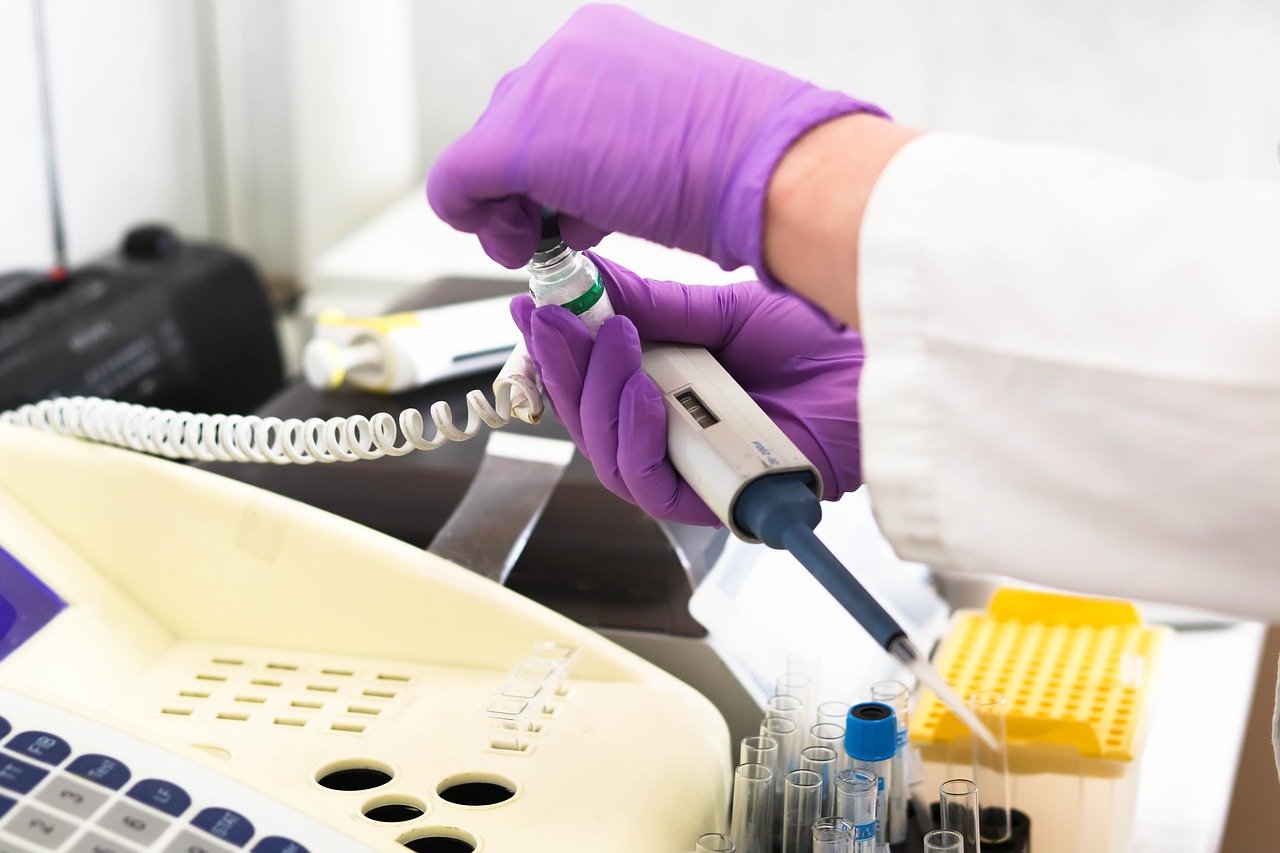Deciding on type of surgery and timing + other logistics.
Over the years the trend kept on changing from one type of surgery to other. But at different pace at different continents. Currently sleeve is the most common surgical procedure in Australia, over 90% of the procedures performed. While band dropped out of favor, coming down to few % from 85% few years ago.
Three main considerations to think about while deciding to choose the surgical procedure
- Effectiveness and longevity of weight loss.
- Life style post surgery.
- Complication rate.
I am sure every individual patient will have some other additional factors in choosing the type of surgery they like to have.



Sleeve tends to suit most of the comers, with few exceptions
- Esophageal dilatation or stretching from previous lap band surgery.
- Esophageal motility problems
- Acid reflux and hiatus hernia, might be considered by some surgeons as contra-indication. We have successfully treated hiatus hernia and performed sleeve with good outcome.
- Eating habit, frequent grazers and excess sweet eaters might struggle to reach their goals.
Gastric bypass have possibly slight advantage over the sleeve in regard to diabetes resolution, although some studies proves the opposite. Bypass not suitable for:
- Smokers, unless patient stops smoking, they should avoid bypass as smoking predisposes the patient to the risk of severe bleeding from the gastric pouch.
- Alcohol, bypass might predispose the patient to alcohol dependence for unknown reasons.
- Severe adhesion, scaring or previous complex abdominal surgeries.
Gastric band surgery, this surgery I think should be abandoned, although it is the simplest of all and ? Reversal with less complication to start with, but in the long term it carries significant risk of ruining your esophagus, eroding into the stomach or slipping. All in addition to poor life style and higher risks of failure.